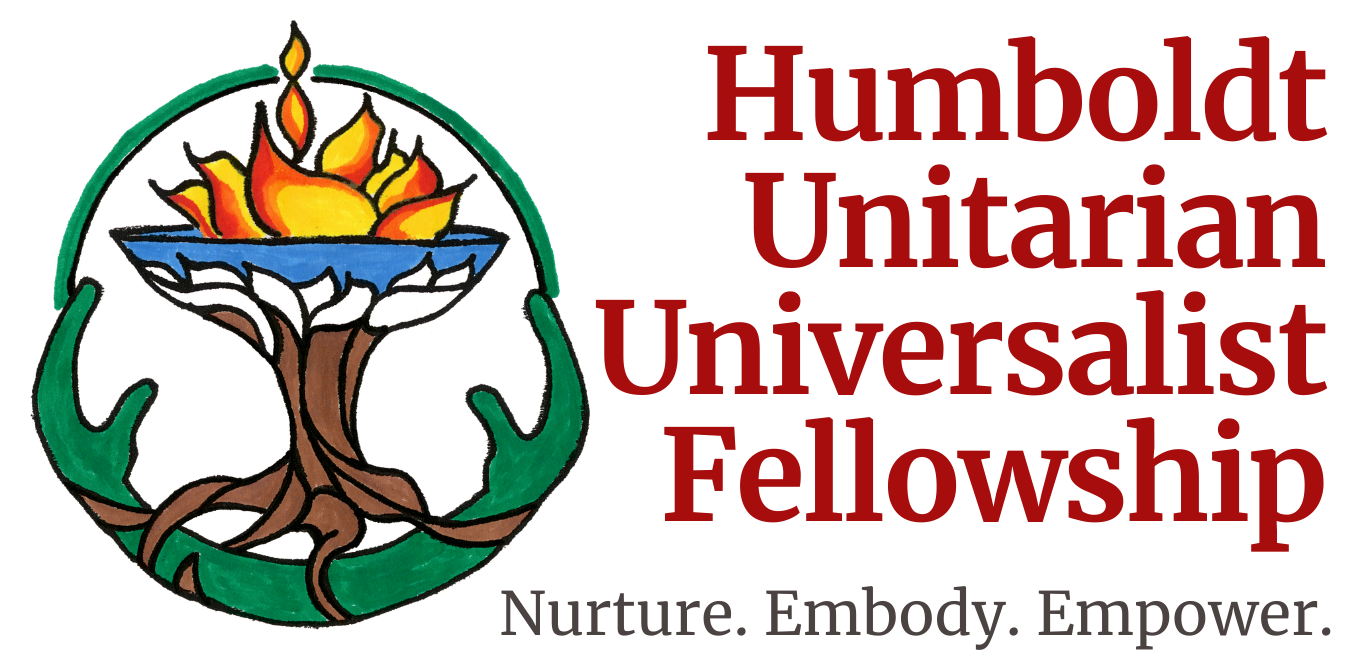Services 10-18
Sunday Services
Sunday, October 7 – 9 and 11 a.m. – Freedom, Reason and Tolerance on the Pathway of Faith, Hope and Love – Rev. Bryan Jessup
The Unitarian Universalist way in religion offers a great deal of freedom. Guided by its seven principles, Unitarian Universalism allows for many different approaches, but if it is to be useful in people’s lives it demands something. It demands mindfulness, compassion and a serious engagement with the issues of life.
Sunday, October 14 – 9 and 11 a.m. -Singing as Sanctuary – Liz Rog
Traditional cultures have always known that group singing has a power unlike any other to bind people together. There is an ancient African concept called ubuntu, which speaks of our interconnectedness and interdependence. It means “I am because we are.” Nowhere is this more evident than in singing together; through group singing, people experience joy, a sense of success, and an expression of shared meaning. We deepen our sense of communion with each other and a sense of sanctuary for all our spirits.
Liz Rog is a song leader in the global Ubuntu tradition, which welcomes all voices to weave songs and community. She delights in helping people rediscover their ancestral birthright of group singing. Liz lives in the Driftless area of northeastern Iowa and enjoys traveling to other regions to help in the re-seeding of the Earth with songs of renewal.
Sunday, October 21 – 9 and 11 a.m. -Imagination! – Rev. Bryan Jessup
As Halloween and the Fellowship’s Halloween Festival approach they offer people an opportunity to consider the role of imagination in human life. Often we get trapped in a narrow, materialistic mindset. Harry Potter author, J.K. Rowling points out that it’s pretty easy to become a “muggle” caught in meaningless repetitions. By opening to imagination, we can move to a much more vibrant way of life in harmony with wonder and joy.
Sunday, October 28 – 9 and 11 a.m. – Lifting the Veil – David Troxel
Halloween, Day of the Dead, All Souls Day, and Samhain show the desire to commune with the beloved dead is universal in all human cultures, yet it is expressed in beliefs and traditions as diverse as the societies which practice them. We’ll consider the way in which this time of the “thinning of the veil” has been honored and made sacred by just a few of the more familiar cultural and ethnic celebrations. We will also explore the distinctly human vision of “what lies beyond” and why it matters.
